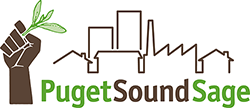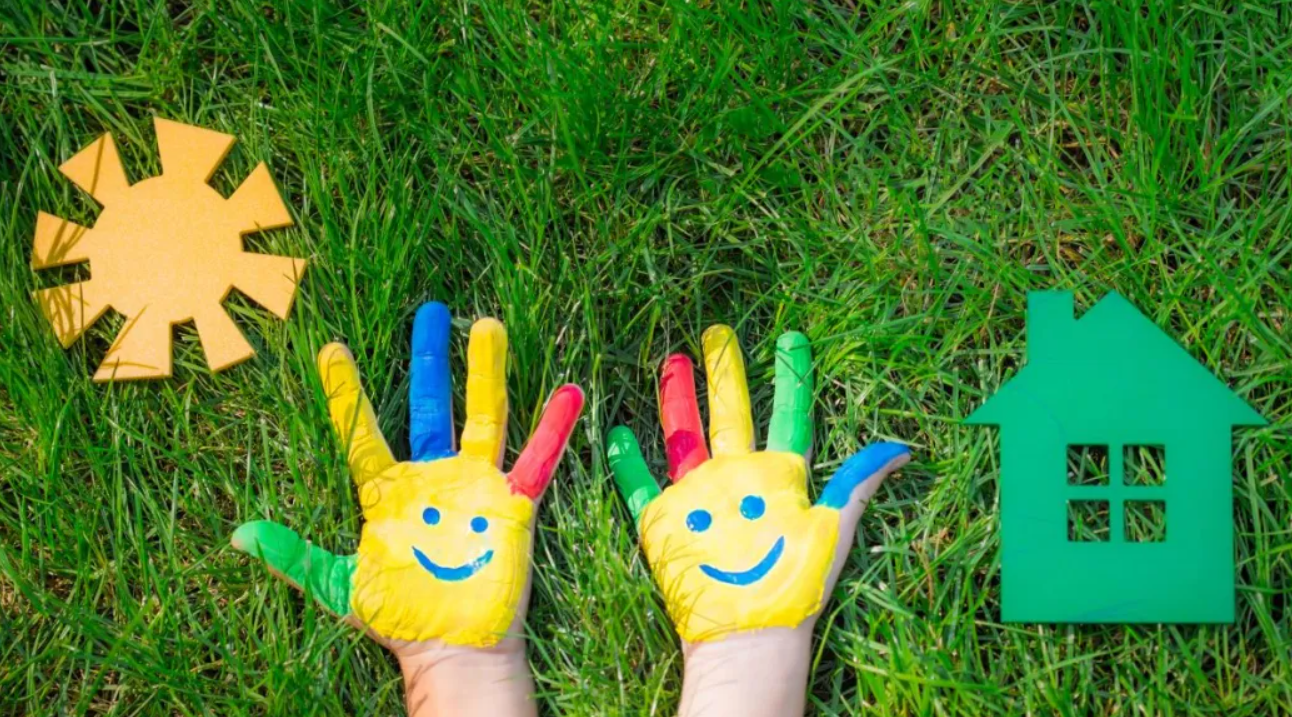by Kaileah Baldwin, Puget Sound Sage
Seattle needs more, and more varied, solutions to address our ever-growing housing and homelessness crisis — and I-135 gives us another tool in the toolbox. Our current solutions are insufficient and we’re seeing it across our city. The number of unhoused people in Seattle continues to be on the rise since homelessness was declared a state of emergency in 2015, and shows signs of getting worse in the economic aftermath of COVID-19. In 2021, 47% of Seattle renters paid 30% or more of their income toward housing, the point at which many housing advocates consider a household to be rent-burdened. In 2022, King County saw 13,000 people unhoused in a single night. I-135 presents a new solution to address Seattle’s crises of displacement and homelessness.
House Our Neighbors, the coalition behind I-135, is a multiracial group with Black queer leadership that consists of housing advocates with lived experience of homelessness. This coalition boldly believes in the vision of publicly owned, permanently affordable, cross-class, renter-run housing. The coalition worked with folks who have actually had to navigate our current options for low-income and transitional housing to develop this new solution of social housing. I-135’s vision for social housing offers truly affordable rent that is accessible to poor and working class communities, permanently removes land from the speculative market, and prioritizes people and planet over profit.
Because the initiative was designed by and for folks who’ve experienced homelessness, it will genuinely serve all the people who make up Seattle’s poor and working majority, including our most marginalized. Residents with no income or very little income will be eligible, with many barriers removed, including rental references or cosigners. People in the process of reentering housing will be free to grow their income and stability, without fear of being evicted for earning beyond poverty wages. These developments will be designed in the style of cross-class community hubs, and built to the highest green standards by union labor, ensuring everyone will benefit.
At Puget Sound Sage, we’re most concerned with our region’s BIPOC and immigrant and refugee communities who continue to face displacement due to gentrification. One of the key strategies to keep poor and BIPOC communities thriving in place is through the principles of Community Stewardship of Land (CSL). At their highest standard, CSL strategies keep marginalized communities together where they’ve been able to develop roots, with multiuse cultural hubs for housing and gathering, and in ways that keep those places governed by that community.
I-135’s vision for Social Housing offers a CSL-aligned path toward permanent community-controlled housing for Seattleites most at risk of displacement and homelessness. I-135’s social housing model will create housing meant both for people most at risk of being houseless or displaced and those who make this city run: our teachers and nurses, our neighbors and elders, our baristas and bookstore clerks. And these are the same people who would govern the social housing public developer — tenants having say over their own housing and amenities, not having to constantly live in fear of being pushed out through unmeetable rent hikes or landlord bullying.
Social housing does not aim to replace current options for low-income and affordable housing, but rather to add a new option that offers a chance for authentic housing solidarity in Seattle. This type of social housing — housing that holds our city’s most marginalized unhoused neighbors at its core, while also serving the city’s poor and working majority — is a unique opportunity for solidarity across our varying types of marginalization. I-135’s social housing is for all of us: for folks transitioning out of homelessness, for BIPOC families at risk of displacement, for low-wage and service workers who deserve to live in the city they work, and for middle-income workers who know the value of cross-class solidarity. Seattle deserves a chance to see where this kind of solidarity can take us.
Photo by Sunny studio/Shutterstock.com1
Originally published in the South Seattle Emerald

